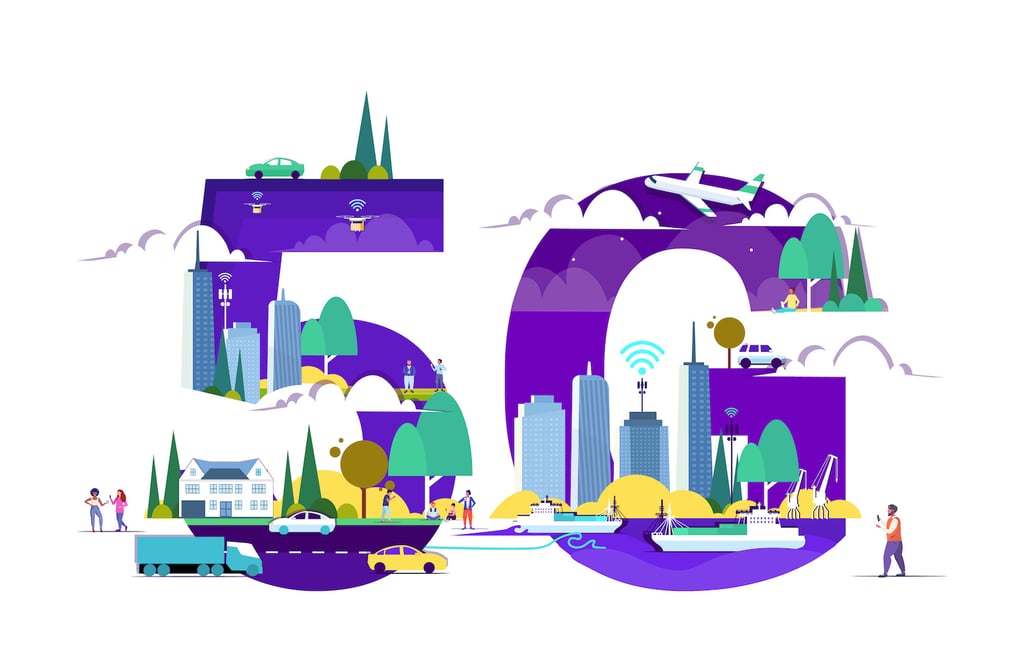
Is Wi-Fi Better than Chocolate? A National Survey Says Yes

The Federal Communications Commission (FCC), which is shoulder deep in the net neutrality debate, looks like it is going to take on a related hot button item: the definition of broadband.
Right now, the legal definition of broadband download is a measly 4 megabits per second (Mbps). The FCC will ask the public to comment on moving the dial up to 10 Mbps or 25 Mbps. There are two important points here. The first is that changing the playing field has a better than even chance of impacting the path forward on net neutrality, which arguably is the most important issue before the FCC today.
The Washington Post suggests the connection:
If the FCC does put a more stringent definition on what is considered broadband, it could indirectly affect other ongoing policy debates. The FCC has the authority to regulate Internet providers if it believes that the rollout of Internet infrastructure is being impeded. Under a higher standard for broadband, the commission could argue that an ISP isn’t working fast enough to upgrade its networks, and intervene.
Precisely how a download minimum of 25 Mbps and an upload speed that also is increased will impact the net neutrality debate is unclear. But such a significant change to the ground rules certainly will color the debate in some way, though it is unlikely to structurally change it. The basic questions of whether an organization can pay to have better last-mile access than another and what should be done to protect the slower competitor will remain. When the negotiating, politicking and compromises necessary to reach a resolution come to pass, it will matter if the floor is a glacial 4 Mbps or more reasonable 10 Mbps or 25 Mbps speeds.
The other point to be made in the defining of broadband is a bit more subtle. The FCC would sound the call only if it was confident that the industry is ready to answer. During the past few months, a steady stream of news announcements have been made by telcos and cable operators that suggest that a 25 Mbps threshold is not the challenge that it was in the past.
The cable industry’s current drive to increase speeds is summed up in a Light Reading story:
In a flurry of announcements and pronouncements over the past 10 days, three of the top eight US MSOs have unveiled plans to boost downstream as high as 1 Gbit/s. All three MOs – Time Warner Cable Inc. (NYSE: TWC), Cox Communications Inc. , and Mediacom Communications Corp. – intend to carry out the speed hikes in at least several of their biggest markets over the rest of the year.
That story looks at the big cable companies. Companies at the other end of the spectrum, the smaller telecom firms in areas that to date have been underserved by broadband, are also picking up the pace. Wyoming Business reports that Advanced Communications Technology and CenturyLink are the first companies chosen for a project focused on building dual rings that connect all state schools and agencies. The $15.8 million project will create dual 100 Gigabit broadband rings. The speeds available to end users are unclear, but it is safe to assume they will be far north of 4 Mbps.
It just goes to show that in broadband, speeds are rising. In some cases, the organizations driving the increases are the usual suspects. In others, they are far less known. The bottom line is that the readiness of the telecommunications industry to provide higher speeds is enabling the FCC to move in this area.











